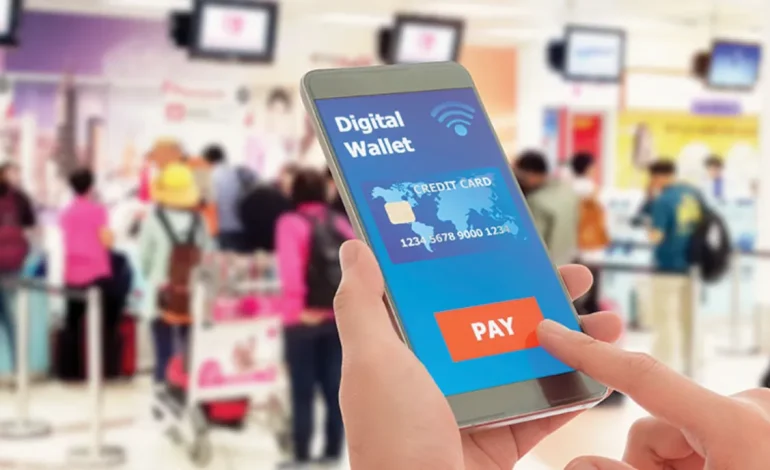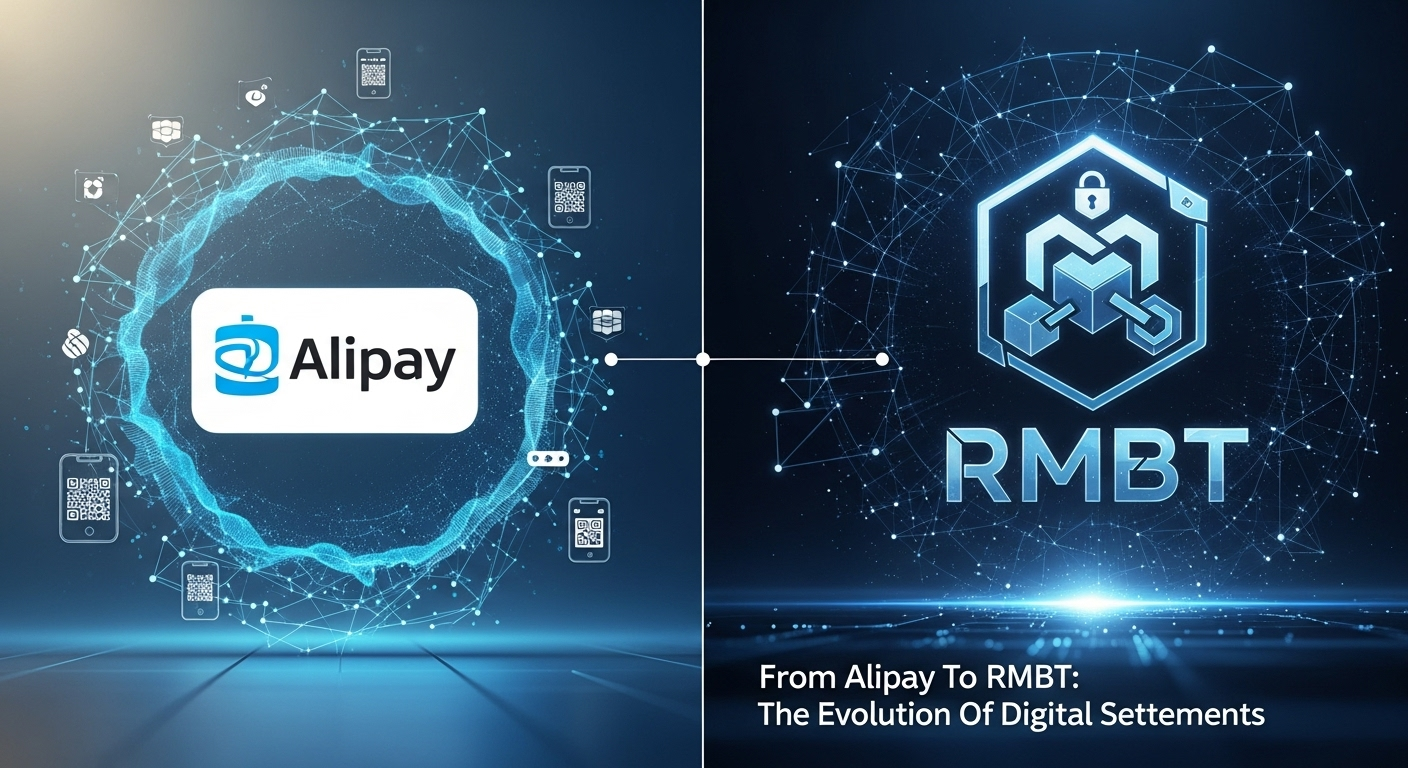Digital Yuan Pilot Cities and Regional Blockchain Innovation

China’s efforts to advance digital currency adoption have accelerated significantly through the rollout of the Digital Yuan in pilot cities. As the country embraces blockchain technology and digital payments, these initiatives reflect a broader strategy to modernize financial infrastructure, enhance transaction efficiency, and maintain oversight of monetary flows. By integrating cutting-edge blockchain solutions, Chinese authorities aim to position the Digital Yuan as a secure, traceable, and scalable medium of exchange while promoting financial inclusion and reducing reliance on traditional cash systems.
Strategic Implementation Across Pilot Cities
The Digital Yuan pilot program began in select metropolitan areas including Shenzhen, Suzhou, and Chengdu, chosen for their robust economic activity and technological infrastructure. These cities serve as experimental grounds for large-scale digital currency deployment, encompassing retail, transportation, utilities, and government services. Participants range from everyday consumers to corporate entities, creating diverse transaction scenarios. Pilot programs emphasize interoperability with existing payment platforms, such as mobile wallets, to ensure seamless adoption and convenience.
Blockchain as the Backbone
Blockchain technology underpins the Digital Yuan ecosystem, providing secure, tamper-proof transaction records and enabling real-time monitoring of currency flows. Unlike purely centralized digital solutions, blockchain enhances traceability and transparency without compromising operational efficiency. Transaction validation occurs through permissioned blockchain nodes operated by authorized financial institutions, balancing security with regulatory oversight. These technical arrangements aim to reduce fraud, streamline cross-institutional coordination, and ensure compliance with anti-money-laundering standards.
Financial Inclusion and Consumer Experience
One of the core objectives of Digital Yuan deployment is expanding access to digital financial services. By offering a state-backed digital wallet system, authorities enable users without traditional banking access to participate in the formal economy. Pilot cities have reported increased uptake among younger demographics, small businesses, and service-sector vendors. Seamless integration with point-of-sale systems and mobile applications ensures that everyday transactions from grocery purchases to public transport can be completed efficiently. Feedback mechanisms and user experience surveys inform iterative improvements, making adoption smoother and more intuitive.
Corporate Participation and Innovation
Financial institutions, technology providers, and retail companies play a key role in testing and scaling the Digital Yuan. Banks facilitate wallet creation, transaction processing, and regulatory compliance, while technology firms contribute infrastructure, analytics, and interface design. Retailers and service providers implement acceptance systems and offer incentives for digital currency usage, such as discounts or loyalty rewards. This collaboration fosters an ecosystem in which innovation, usability, and regulation co-evolve, providing valuable insights for national rollout strategies.
Regional Blockchain Applications
Beyond currency transactions, pilot cities leverage blockchain for complementary applications, including supply chain management, cross-border trade facilitation, and government service digitization. Blockchain-enabled platforms track goods from manufacturers to consumers, ensuring authenticity and reducing logistical inefficiencies. Municipal governments experiment with smart contracts for public procurement, permitting, and licensing processes, demonstrating how distributed ledger technology can enhance transparency and operational efficiency. These initiatives highlight the broader potential of blockchain to transform urban economic activity.
Global and Economic Implications
China’s Digital Yuan pilot programs offer lessons for other economies exploring central bank digital currencies (CBDCs). By demonstrating secure, scalable, and traceable deployment, China sets benchmarks for technological and policy frameworks. For multinational corporations and foreign investors, these developments indicate both opportunities and challenges in cross-border payments, compliance, and digital financial integration. Economists and financial analysts monitor these pilot programs closely, assessing the implications for monetary policy, transaction velocity, and the future of digital finance.
Challenges and Next Steps
While progress is substantial, challenges remain. Scaling infrastructure to support mass adoption requires significant investment in digital wallets, merchant terminals, and blockchain nodes. Cybersecurity risks must be continuously managed, ensuring resilience against attacks that could disrupt public trust. Privacy concerns are addressed through selective data disclosure protocols, balancing transparency with user confidentiality. Ongoing monitoring, technical upgrades, and regulatory refinement will determine how effectively the Digital Yuan can transition from pilot programs to nationwide deployment.

Conclusion: The Future of Digital Currency in China
China’s Digital Yuan pilot cities exemplify a deliberate, methodical approach to financial modernization. By leveraging blockchain, fostering collaboration across institutions, and focusing on inclusive adoption, authorities are laying the foundation for a digital currency ecosystem that is secure, efficient, and scalable. These pilot programs not only enhance domestic economic efficiency but also serve as a model for other countries evaluating central bank digital currency initiatives. As the program expands, insights from these regional experiments will shape China’s broader financial innovation trajectory and its role in global digital finance.





